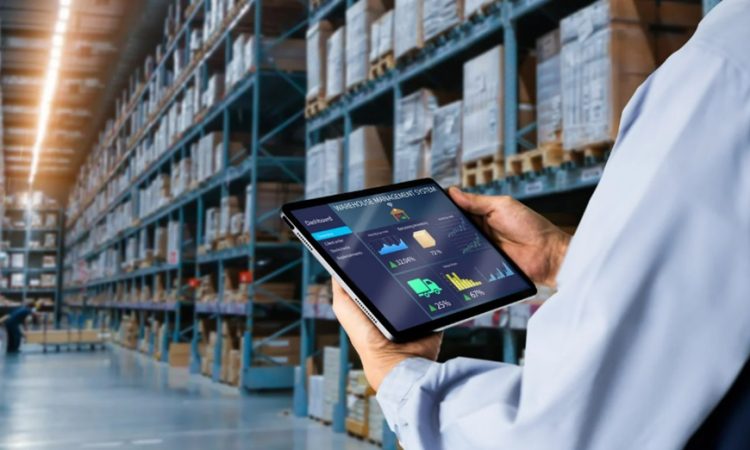
E-commerce continues to reshape the retail landscape, offering consumers speed and convenience. However, behind the scenes, logistics costs can rapidly spiral if not managed efficiently. For online retailers, implementing strategic transport logistics services can lead to significant savings and improved customer satisfaction. These services not only streamline deliveries but also optimize routes, reduce overhead, and ensure consistent service across various regions.
Why Transportation Strategies Matter in E-Commerce
Fast delivery expectations and fluctuating order volumes demand adaptable logistics systems. Unlike traditional retail, e-commerce must address last-mile delivery, reverse logistics, and omnichannel fulfillment, all of which require coordinated planning.
Understanding the key types of transportation in logistics is essential for making cost-effective decisions. From air and sea freight to road and rail transport, each method serves a unique role. Air may be faster but more costly, while sea offers economy for bulk shipments. The ability to choose the right mode based on urgency, distance, and product type can reduce unnecessary spending and delays.
Route Optimization
Advanced route planning systems analyze traffic patterns, fuel usage, and delivery windows to generate the most efficient delivery paths. This minimizes mileage, reduces fuel costs, and ensures timely arrivals—essential for maintaining customer satisfaction.
Consolidated Shipments
By consolidating orders from multiple customers or suppliers, businesses can reduce the number of trips and lower per-unit shipping costs. Transport logistics providers often use data-driven solutions to plan consolidated loads effectively.
Carrier Management
Selecting the right carrier is more than just comparing rates. It involves evaluating reliability, performance metrics, and scalability. Long-term relationships with proven carriers often lead to better rates and service agreements that benefit growing e-commerce companies.
The Broader Role of Warehouse Coordination
Transportation efficiency doesn’t stand alone, it’s closely tied to inventory management and order processing. E-commerce businesses must look at how their warehousing operations interact with transport logistics. Many of the ways warehouse logistics can boost business growth relate to minimizing handling time, optimizing storage, and improving picking accuracy. Efficient warehouse operations reduce order processing time, which in turn improves shipping performance and lowers total fulfillment costs.
Technology integration plays a major role here. Barcode scanning, real-time inventory systems, and warehouse management software allow transport teams to coordinate seamlessly with warehouse staff, eliminating errors and delays.
Partnering with Professional Logistics Providers
While some e-commerce companies try to manage their own logistics early on, the complexity quickly grows with scale. Partnering with a professional transport logistics provider brings specialized expertise, tools, and networks that drive long-term savings. These providers offer access to national and international carrier networks, real-time tracking, and optimization tools tailored to business size and shipping volume.
Beyond cost savings, professionals also improve delivery accuracy and flexibility, which are critical in today’s highly competitive online marketplace. The right partnership ensures your logistics infrastructure grows with your brand, keeping customer service high and expenses manageable.
Conclusion
Effective transport logistics is one of the most powerful tools e-commerce companies can use to manage costs while enhancing service. With strategic planning, warehouse integration, and expert support, businesses can build leaner, faster, and more responsive logistics operations that support sustainable growth.




